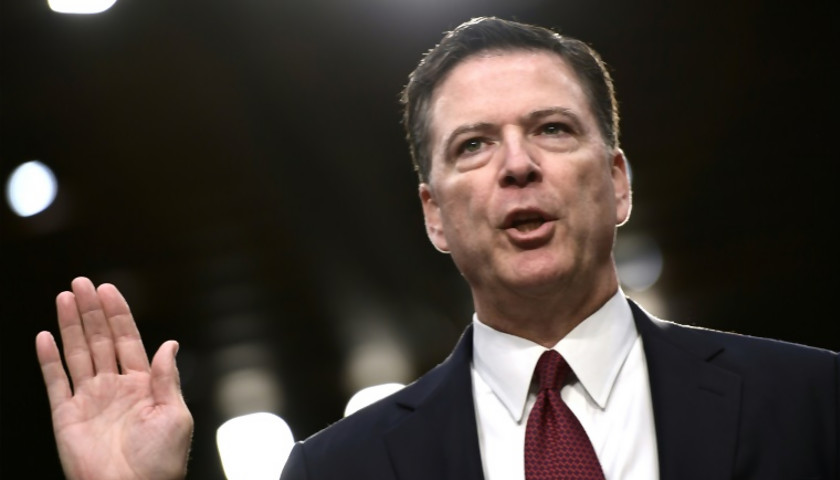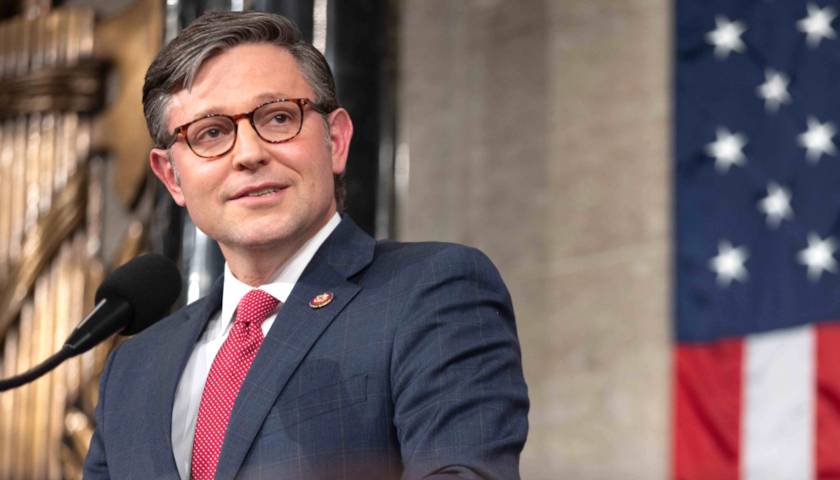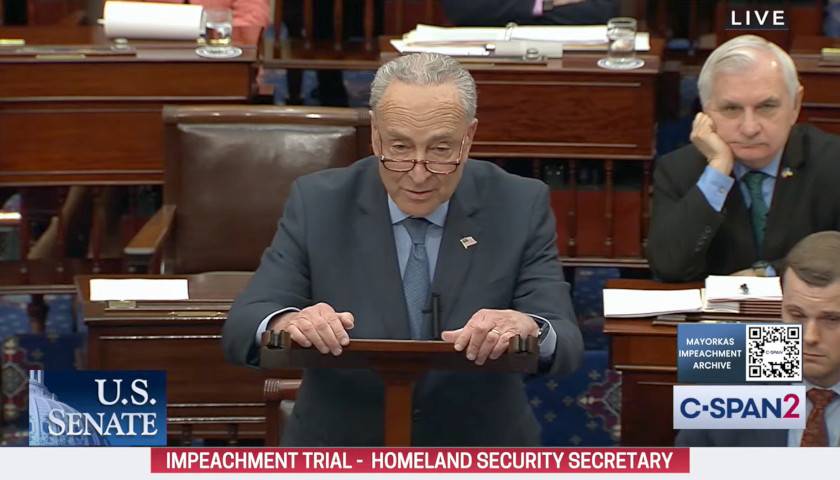by Chuck Ross
Former FBI Director James Comey told Congress Friday that the FBI had not verified the Steele dossier prior to relying on the salacious document to obtain spy warrants against former Trump campaign adviser Carter Page.
According to a transcript of Comey’s testimony released on Saturday, the former FBI chief also asserted that it was “not necessary” for the FBI to assess the sources that dossier author Christopher Steele used to compile his report, which was funded by the Democratic National Committee and Clinton campaign.
 “I think I’ve dealt with warrants where you just identify that your primary [confidential informant], or primary source, has subsources, and so long as the court is aware of that phenomenon and that you’re speaking to the reliability of the primary source, to my mind, that’s a totally legit warrant application,” he said.
“I think I’ve dealt with warrants where you just identify that your primary [confidential informant], or primary source, has subsources, and so long as the court is aware of that phenomenon and that you’re speaking to the reliability of the primary source, to my mind, that’s a totally legit warrant application,” he said.
Comey told lawmakers that “work was ongoing” by the time he was fired on May 9, 2017, to “to replicate, either rule in or rule out” as much of the dossier as possible.
He said that by the time he was fired on May 9, 2017, he “still didn’t know whether there was anything to it,” referring to the investigation into possible collusion between the Trump campaign and Kremlin.
The dossier alleged a massive conspiracy between Trump associates and Russian government officials.
Comey’s comments, which he made throughout a deposition before lawmakers on the House Judiciary and House Oversight Committees, matches up with other FBI officials’ testimony that the dossier was not verified when the bureau used it to begin spying on Page.
An internal FBI assessment conducted sometime after Feb. 9, 2017, also determined that investigators had “medium” confidence in the dossier, which had been “minimally corroborated.”
It raises further questions about why the FBI relied so heavily on unverified information to obtain surveillance warrants against Page, an energy consultant.
The FBI obtained four Foreign Intelligence Surveillance Act (FISA) warrants to spy on Page, the first having been granted on Oct. 21, 2016. Comey signed off on three of the FBI applications, though he appeared unaware in his testimony of key details of the information included in the documents.
The FBI’s chief of the counterintelligence division, Bill Priestap, also told the House Intelligence Committee that validation of the dossier was in its “infancy” when the bureau used it in the FISA application.
Comey said that since the FBI obtained the dossier in September 2016, a review of its allegations “would, by definition, be in its infancy in October.”
During one part of the interview, Texas Rep. John Ratcliffe, a Republican, referred to testimony given by a Justice Department lawyer who asserted that there was a fifty-fifty shot that FISA warrants on Page would have been approved without the inclusion of the dossier.
“If she testified — and I’ll represent to you that she testified that the FISA court — it was 49-51, maybe 50-50, that the FISA court would have approved the warrant without the Steele dossier,” Ratcliffe said, referring to testimony from Justice Department lawyer Sally Moyer.
Despite acknowledging that the dossier’s veracity was in question, Comey defended the FBI’s use of it in the Page FISA applications.
“Did you then or do you now have any concerns about the process that occurred around the Carter Page FISA?” a Democratic lawmaker asked Comey.
“I do not,” he replied.
Comey said during another line of questioning that the FBI placed heavily emphasis on Steele’s track record as a longtime source for the FBI. That Steele gathered his information about Trump associates through intermediaries was of little concern to Comey.
“It was coming to us from a reliable source with a track record, and it’s an important thing when you’re seeking a [probable cause] warrant,” Comey said, referring to Steele as the source.
“But what I understand by verified is we then try to replicate the source information so that it becomes FBI investigation and our conclusions rather than a reliable source’s,” he said. “That’s what I understand it, the difference to be. And that work wasn’t completed by the time I left in May of 2017, to my knowledge.”
– – –
Chuck Ross is a reporter at Daily Caller News Foundation. Follow Chuck on Twitter.




